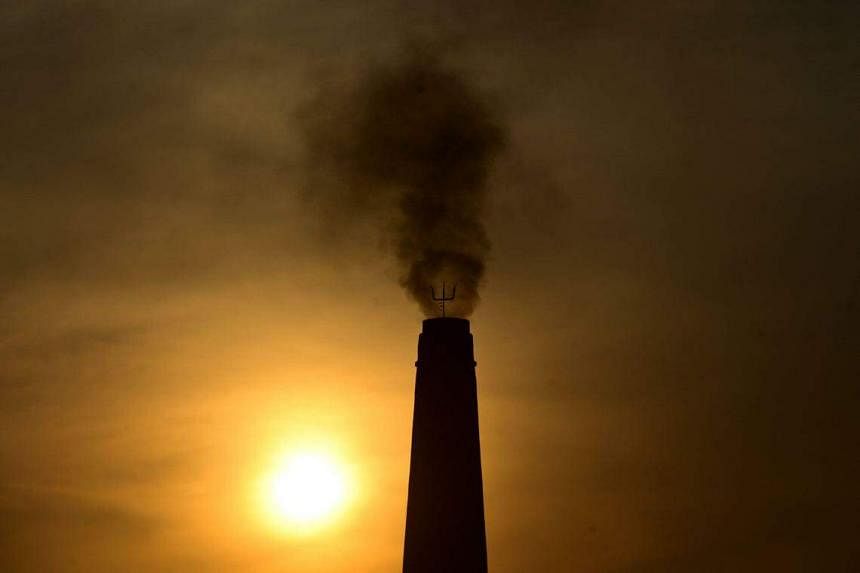Global Courant 2023-05-21 06:05:00
HIROSHIMA, Japan – In theory, the world’s major industrialized democracies have agreed to stop using fossil fuels in just over a quarter of a century and switch to new energy sources such as solar and wind as soon as possible.
But as the leaders of the Group of 7 (G-7) gathered this weekend in Hiroshima, Japan, for their annual meeting, some countries were arguing over whether or not to loosen commitments to cut the use of carbon-emitting fuels such as gas and phase out coal. in time to avert the worst effects of global warming.
The summit’s closing communiqué, released on Saturday afternoon, contained Japanese-sought language blessing continued investment in certain types of coal-fired power plants that the Japanese government helps fund.
But leaders made only a modest change to the language of last year’s meeting that supported some new investments in natural gas infrastructure. Germany, which pushed for approval in 2022 as it scrambled to replace Russian gas imports in the wake of Ukraine’s invasion, had tried to expand the wording this year.
The behind-the-scenes battle underlined the political, economic and practical challenges many G-7 countries face as they attempt to accelerate a global energy transition with trillions of dollars in government stimulus.
Startled by the invasion of Ukraine, countries in Europe are scrambling to secure natural gas resources to keep the lights on. At the same time, countries like Japan and to some extent even the United States are trying to protect long-term investments in the fossil fuel industry at home or abroad.
The United States and its allies have acted quickly over the past year to encourage investment in wind and solar energy, electric vehicles, technology to promote energy efficiency, and other measures designed to reduce greenhouse gas emissions and improve global to slow down the rise in temperature.
At the same time, they have taken what officials call temporary but crucial measures to keep fossil fuels flowing to global markets, both to avert an electricity crisis in Europe and to keep gasoline prices low worldwide.
Those efforts include a price cap on Russian oil, which was hailed as a success at this weekend’s meetings. The cap effectively allows Russia to continue to export oil, but at a discount; keeping its crude oil on the market has helped keep global gasoline prices low.
But tensions in the coalition have flared as some countries try to cut off their access to fossil fuels for decades to come. According to three people familiar with the discussions, the German government, concerned about securing enough energy to power its economy, pushed into Hiroshima to relax the language its leaders used last year several months after the start of the Russian war. against Ukraine.
The 2022 communiqué approved government investment in gas, but only in “exceptional circumstances” and as a “temporary response” to free countries from dependence on Russian energy. Any expansion, the statement said, should not derail countries from their commitments to reduce greenhouse gas emissions. The 2023 statement echoed that language and didn’t go much further.
It is necessary to accelerate the phase-out of our dependence on Russian energy, including through energy savings and gas demand reduction, in a manner consistent with our Paris commitments. Paris, “and the global impact of the Russian war on energy supply, gas prices and inflation, and people’s lives, recognizing the primary need to accelerate the clean energy transition.”
Britain and France fought the German effort. The Biden administration has been caught between defending the president’s own ambitious climate change agenda and helping US allies who want to increase their access to fossil fuels.
The sudden promotion of such fuels has alarmed environmentalists who say approving government investment in gas is incompatible with the promise made by nations in Glasgow, Scotland, by 2021 to limit global temperatures to 1.5 degrees Celsius above pre-industrial levels. hold.
“The G-7 must clearly state how they intend to keep the 1.5 degree Celsius limit alive and drive a global shift to clean energy,” said Mary Robinson, a former president of Ireland. “This is a moment. The climate crisis is coming.”








